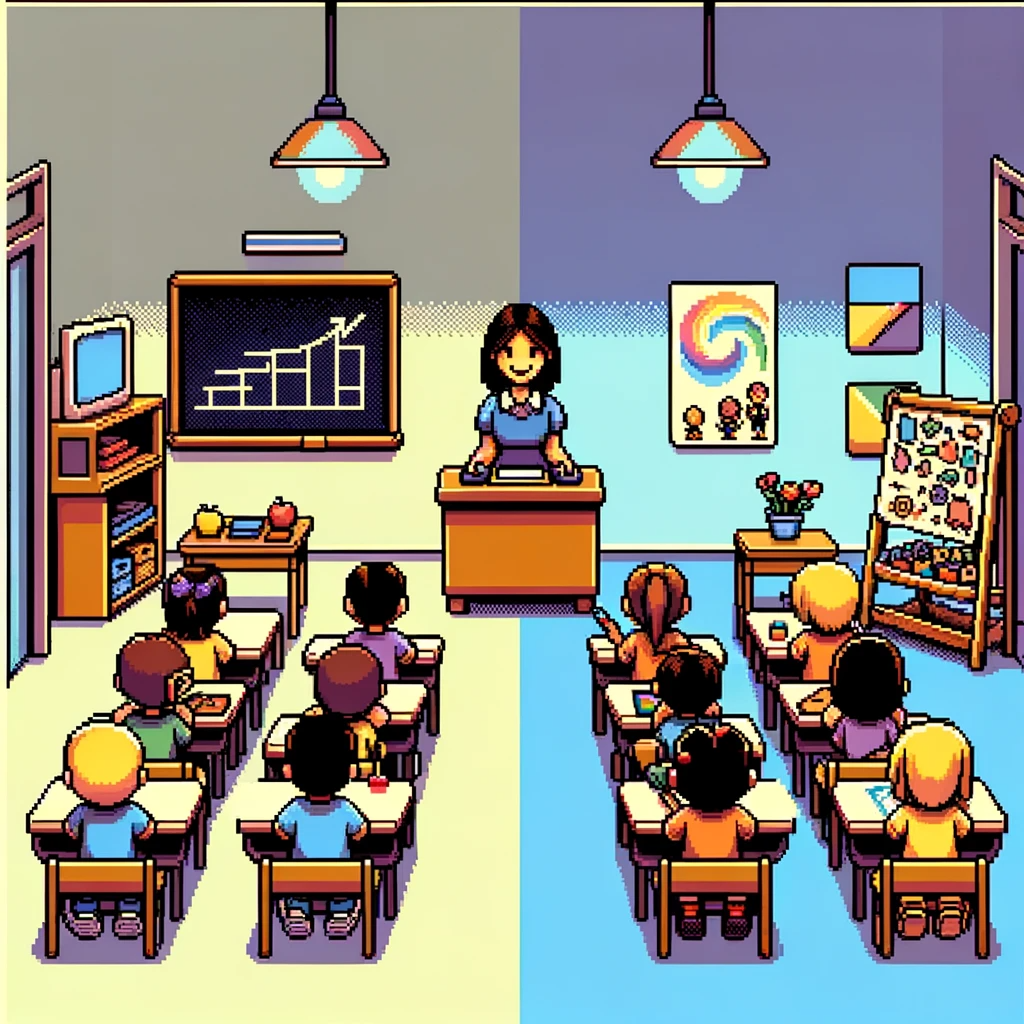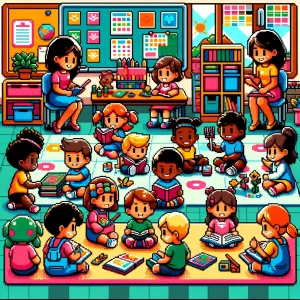
The Time for an Educational Revolution: Implications for School Mental Health
The traditional teacher-text-centered (TTC) model of education has been the mainstay of our schooling systems for over a century. However, emerging research and societal shifts are highlighting its inadequacies, especially in relation to mental health and holistic development in schools. The article Why the time is ripe for an education revolution examines the need for a paradigm shift in educational practices, drawing parallels between the current educational landscape and the pre-Copernican era in astronomy.
The Need for Change: Understanding the TTC Model
The TTC model focuses on teachers delivering information, with students passively receiving it. This approach not only overlooks the diverse learning styles and needs of students but also contradicts the developmental science of how children learn. In fact, the TTC model has been linked to reduced motivation, competition, and a lack of social justice and culturally responsive pedagogy in education.
The Impact of COVID-19 and Social Inequities
The COVID-19 pandemic brought education into homes, leading to a critical evaluation of traditional teaching methods. The pandemic highlighted the growing learning disparities among different student groups, underscoring the need for a more equitable and effective educational model.
Scientific Theory Change: Drawing Parallels with Astronomy
Just as the field of astronomy underwent a significant shift from the geocentric to the heliocentric model, education is poised for a similar transformation. This article argues that education should move away from the TTC model and embrace a more child-centered approach that aligns with how children naturally learn and develop.
Implications for School Psychologists and Mental Health Professionals
For professionals in school psychology and mental health, this shift holds significant implications. A child-centered approach can better address the mental health needs of students by promoting intrinsic motivation, recognizing individual differences, and supporting a more inclusive and responsive educational environment.
A Proven Alternative: Montessori Education
One alternative model that resonates with the needs of contemporary education is Montessori. This approach offers a structured yet flexible environment that encourages self-directed learning, respects individual differences, and aligns well with the scientific understanding of child development.
The Path to Change: Overcoming Resistance
Implementing this educational revolution will not be without challenges. Resistance is natural, as the TTC model is deeply ingrained in our educational system. However, by gradually introducing changes, offering professional development, and adjusting policy and assessment practices, this shift can be realized.
Embracing the Educational Revolution
The article concludes by advocating for a fundamental change in our educational approach. By aligning educational practices with developmental science and addressing the mental health needs of students, we can create a more equitable, effective, and responsive education system.
Step into the Future of School Psychology!
Engage with the dynamic field of educational mental health for only $5 monthly. This Week in School Psychology offers you a gateway to understanding and applying crucial psychological findings. Enjoy concise, powerful updates that make a difference. Subscribe and join a community dedicated to knowledge and impact. Take advantage of our special yearly rate and lead the way in educational innovation!



